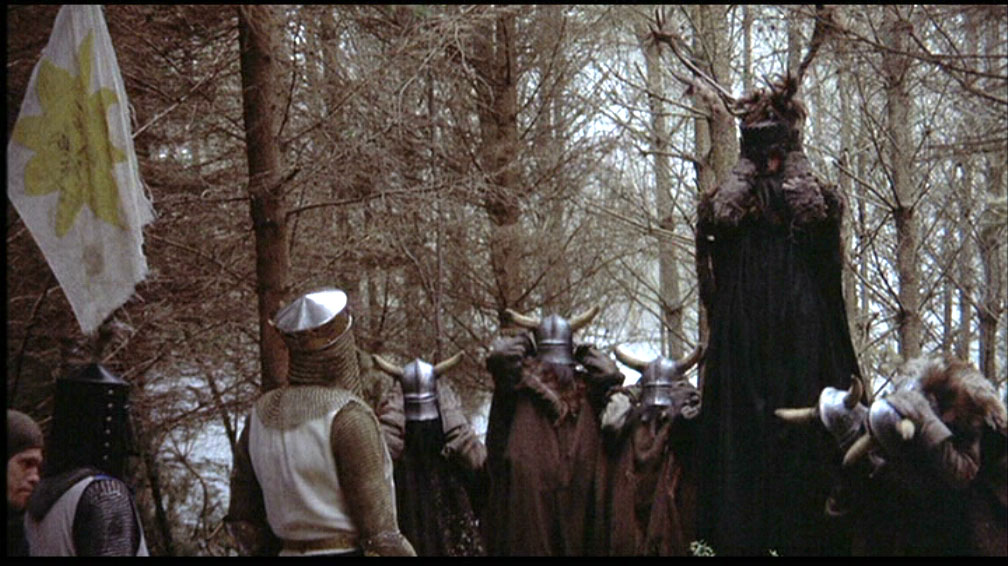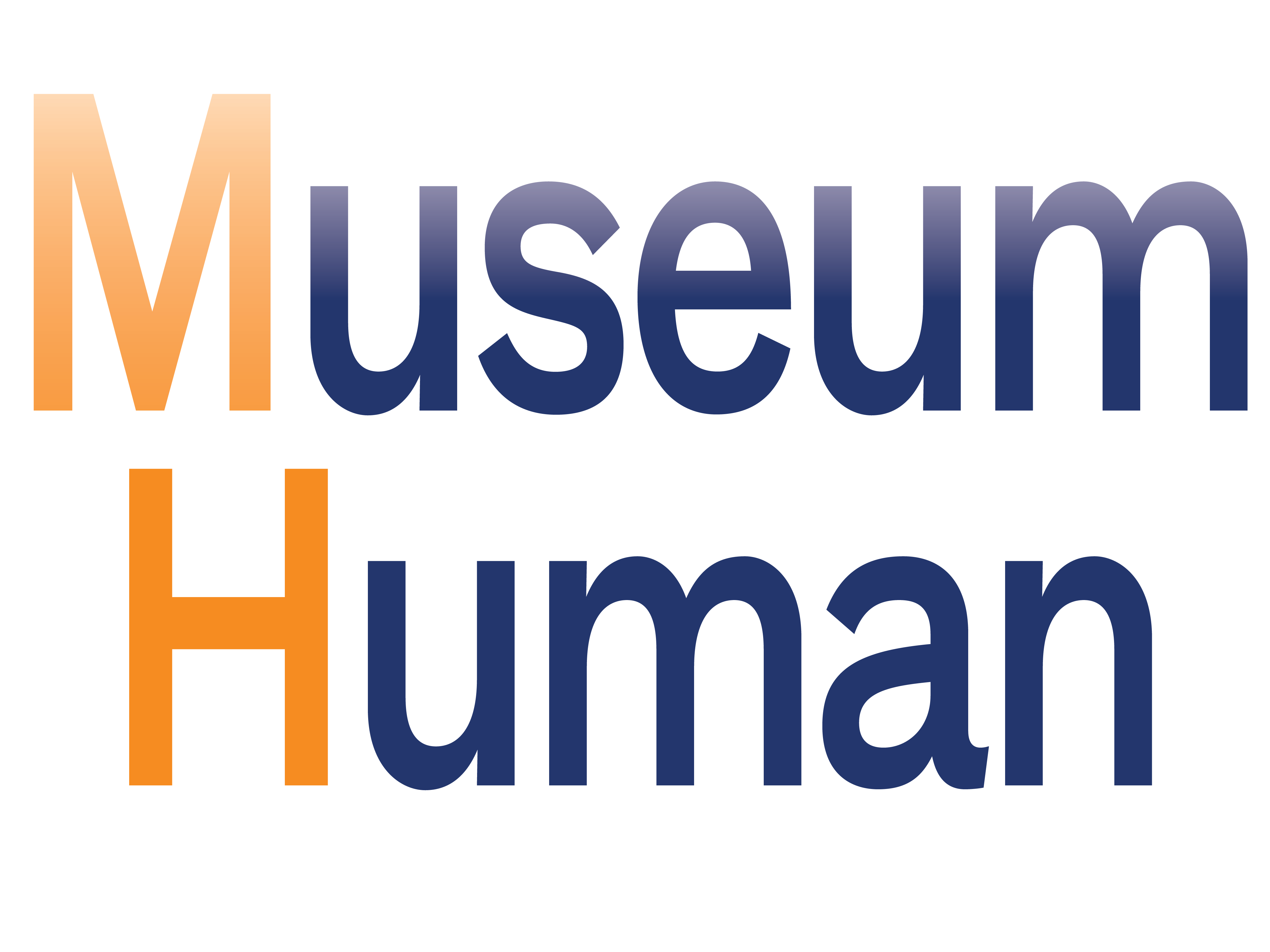

Centers of Grain Excellence
Et tu, silo? While the term "silo" didn't make a recent list of overrused museum words, one could have assumed that silos in the workplace were understood as bad. But a funny thing happened on the way to taking down silos, and it's a sign of just how deep the museum resistance is to this kind of cultural change.
The conversation about "silos" somehow morphed into talking about "centers of excellence." And that's a little disturbing.
Let's start with a given, that it's a museum's management's mission to bring in the best talent. It makes sense that this starts with the curators. But if the museum doesn't prioritize equally across the institution, then, like a soccer team of six-year-olds where the best kids play forward and the worst kids play fullback, the curators get surrounded with ever-less-capable layers of support staff, because there are only so many hiring priorities to go around. The hope then is that the ill-guarded borderlands can hold off the philistine hordes.
True, just as no town other than Lake Wobegon can have its children entirely above-average, and no sports team can afford the best player at every position, everyone can't be the best. No one is saying that mediocrity should be celebrated, but there's a reason we have teams: to maximize everyone's potential while minimizing their weaknesses as personnel develop their skills.
<img style="float: right; padding-left: 15px; "src="/content/images/2016/06/lakewobegon.jpeg">
Where all museum staff are above average …
It seemed for a while that we were all agreed that silos were bad, that walled gardens had to go, that openness was great, and so on. Except that Facebook and Apple have been constructing walled tech gardens for years, while Amazon and Google believe in openness as long as they control the medium of exchange (retail, search, or web services). Yet we were all for collaboration in our workplaces, right?
It turned out that our collective war on silos was a war on other people's silos, just like the Onion story about public transportation. What we really meant was, Gee, if all those other departments got rid of their silos, my department could really get all our shit done perfectly once and for all. There's a reason why Netflix's decade-old corporate culture slideshow is making the rounds again: for all of its empowering language, the presentation can be summed up as "no losers or idiots."
So here comes the "center of excellence," the music supergroup of the current workplace era. But if you're thinking Crosby, Stills, Nash, and Young, the reality is probably more Asia: a couple of catchy songs on a pretty-good album and then enough lineup changes to fill a commute-length Wikipedia page. Or maybe a charter school, filled with the best children.
<img style="float: left; padding-right: 15px; width:60%; "src="/content/images/2016/06/asia-album.jpeg">
Is your supergroup team-building stuck 'in '82'?
Has the pendulum of organizational culture already swung back from teamwork, collaboration, and cooperation, or is the center of excellence going to be a profoundly team-oriented breakthrough? In a setting where the word "culture" itself can mean a lot of things to a lot of people—the overall museum mission, the larger society in which the museum exists, the internal workplace of the museum—changing from a culture of excellent silos to open, collaborative teamwork can be particularly fraught.
And, even more importantly for a museum, it's a slippery slope from thinking that one's colleagues are idiots to thinking that of one's audience. The artworks, after all, don't play Angry Birds. If you condemn visitors for not remembering any text they read on their run through your museum, who's to blame, you or the visitors? And staff, many of them newer hires whose job descriptions may be primarily audience-focused, can be especially vulnerable in these internal culture wars.

Oh no, I said "silo" again!
Automatically labelling any new idea as a "buzzword" can be a silo defense tactic. Calling out startups for their love of jargon is perfectly reasonable, and even normal words like "everything" can become buzzy, but it's not like established businesses and politicians have been up-front truth-tellers forever. It's one thing to maintain a healthy skepticism, quite another to label as not our kind of people every staffer suggesting something new.
It's not just a corporate problem, it's a behavioral problem that will require—to throw out a host of buzzwords—lots of cross-functional teams, onboarding, incentivizing, and change agents to align museum workers and our institutions. With all those terms, that's a lot of cynicism to overcome. So, to throw out a few last buzzwords, let's activate and engage!






